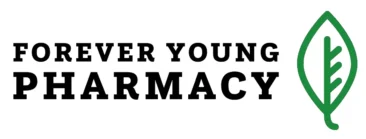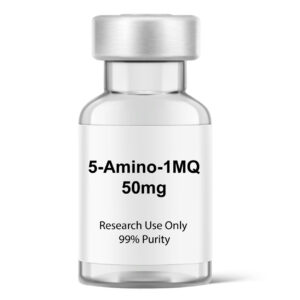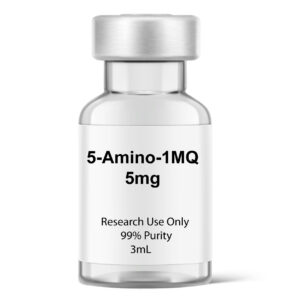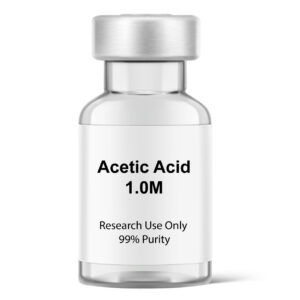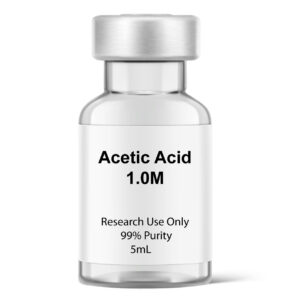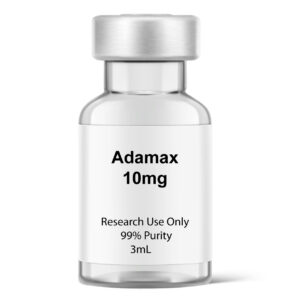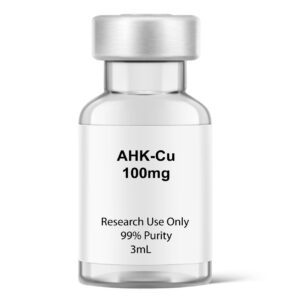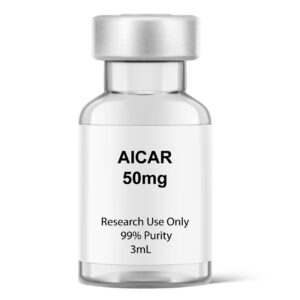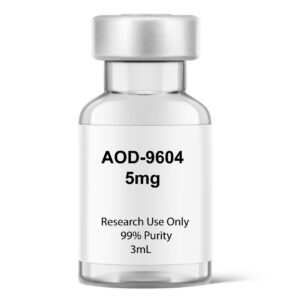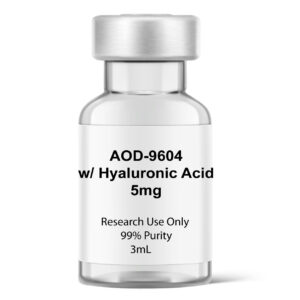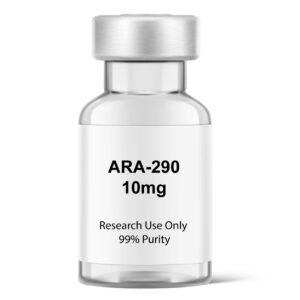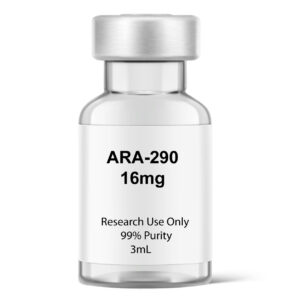- Peptides110110 products
- - View All Peptides110110 products
- Bioregulators1515 products
- Neuromodulators1212 products
- Mitochondrial Function2020 products
- Cellular Recovery & Immune Pathway2929 products
- Muscle Biology1818 products
- Non-Injection Peptides55 products
- Reproductive Axis55 products
- Skin Cell Signaling1212 products
- Sleep-Wake Cycle Pathway Modulators44 products
- Metabolic Research Compounds2222 products
- Peptide Purity Testing44 products
- Peptide Specific Lab Testing2424 products
- Bioregulators Lab Panels11 product
- Energy Production Lab Panels22 products
- GLP-1 and Weight Loss Lab Panels11 product
- Healing and Inflammation Lab Panels22 products
- Muscle Growth Lab Panels22 products
- Sexual Health Lab Panels11 product
- Sleep Lab Panels11 product
- Supplemental Lab Panels1313 products
- Biological Age Testing22 products
- Comprehensive Lab Panels33 products
- Female Lab Tests33 products
- Gut Health and Food Sensitivities33 products
- Hormone Tests22 products
- Male Lab Tests22 products
- Supplements11 product
- Sundry88 products
Shopping Cart
